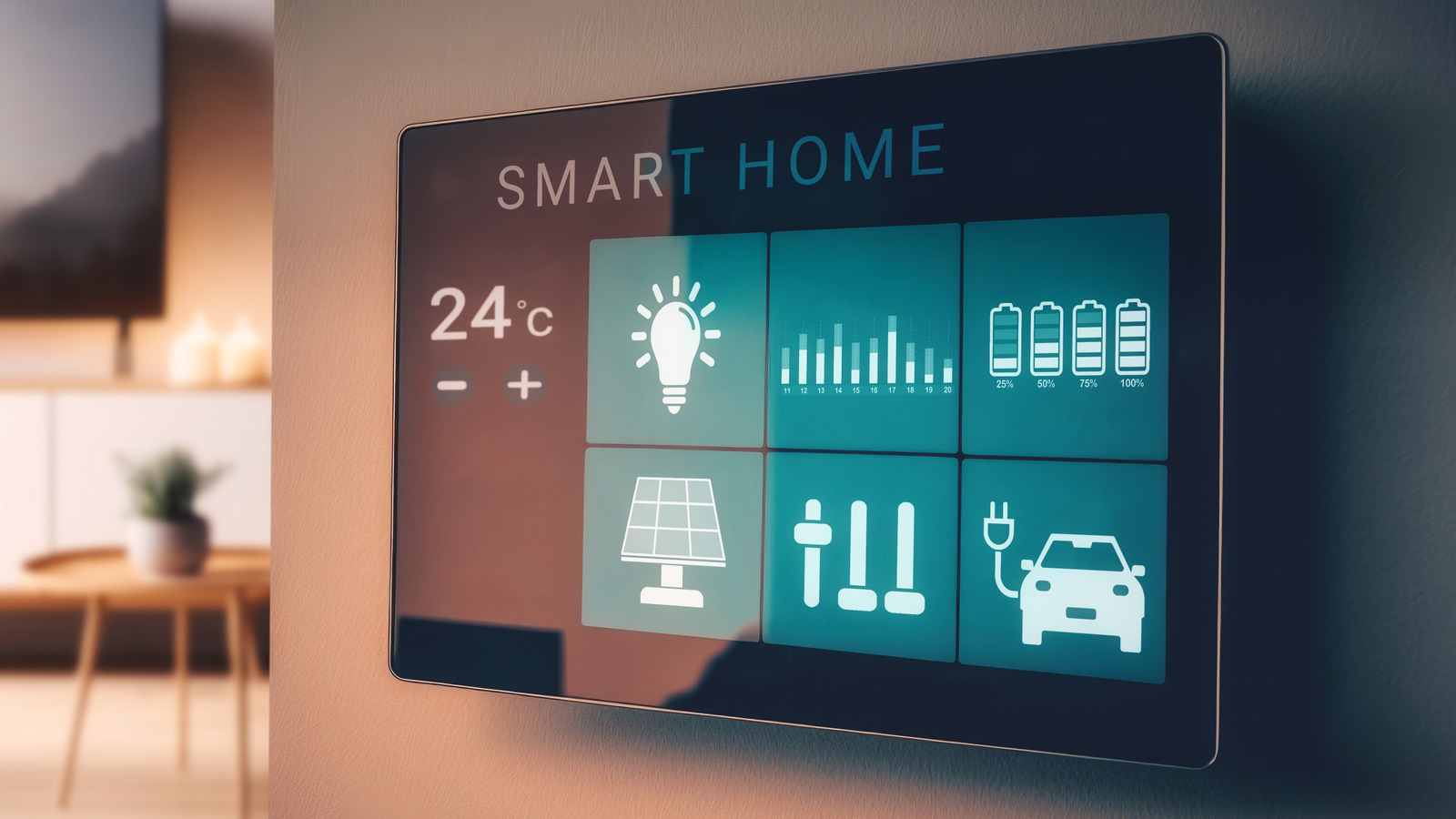
Homeowners now have the option to upgrade nearly every home electronic to a smart version, from lightbulbs and speakers to security systems. Incorporating smart features can boost your home’s resale value if you’re planning to sell soon. However, some individuals have concerns about these devices, primarily due to the threat of hackers and the data-sharing practices of companies. Balancing the convenience of modern technology with the need for security and privacy is crucial. It’s important to select devices that enhance your daily life while also allowing you to protect your privacy. Using a local hub instead of cloud-based control can help you maintain control over your data.
Privacy is a significant concern for many when it comes to purchasing smart home devices. These concerns are not unfounded, as there are numerous ways these devices can be hacked, though some methods are more common than others. While fears of burglars hacking smart locks might be exaggerated, the more common risks are genuine. Understanding these potential risks will help you make informed decisions before purchasing your next device.
What are the risks of smart home devices?
According to Deloitte’s Connected Consumer Survey 2023, 77% of smart home device owners report that the technology enhances “their overall quality of life.” However, these devices can be subjected to thousands of hacking attempts weekly. It’s not just personal information that’s at risk; some devices also collect behavioral data that may be shared with third parties. The type of data at risk varies by device. For instance, smart home toilets could potentially expose sensitive health information, while a coffee machine app might track your internet usage and purchasing habits.
When considering hacking threats, two main groups pose the most concern: people you know and data thieves. Whether it’s a nosy relative or a disgruntled ex, people you know hacking into your systems to spy on you is a concern. Additionally, bots and data thieves from around the world seeking to sell personal information are a genuine threat.
Beyond malicious actors, concerns also exist regarding the information devices share with consumer consent. Behavioral and location data, along with unique identifiers, may be accessible to third parties once users agree to a device’s terms of service. A study by Surfshark found that Amazon and Google devices gather the most user data, likely for targeted advertising or resale purposes.
How to minimize smart home privacy and security risks
How can you enjoy the convenience of smart home features while maintaining privacy? Start by researching the devices you’re considering. Tools like Mozilla’s *Privacy Not Included provide potential buyers with insights into the data different devices collect and their usage. Opt for companies that employ end-to-end encryption. Before purchasing the latest gadget, consider whether you truly need it. While a security system tracking your movements might be acceptable for the sake of safety, the data collected by a smart thermostat about your presence at home might not be worth the risk. It’s all about prioritizing what matters to you.
If your home is already equipped with numerous smart devices, there are measures you can take to safeguard them. Many of these are similar to standard online security practices: using secure passwords and enabling two-factor authentication. Regularly updating your devices, firmware, and even your Wi-Fi router can further protect your information.
Some devices offer the option to store data locally, and setting up a local hub can enhance this further. While not entirely foolproof, hubs are designed to eliminate the need for individual apps on your smartphone that control your devices, thus preventing data sharing.
“`






